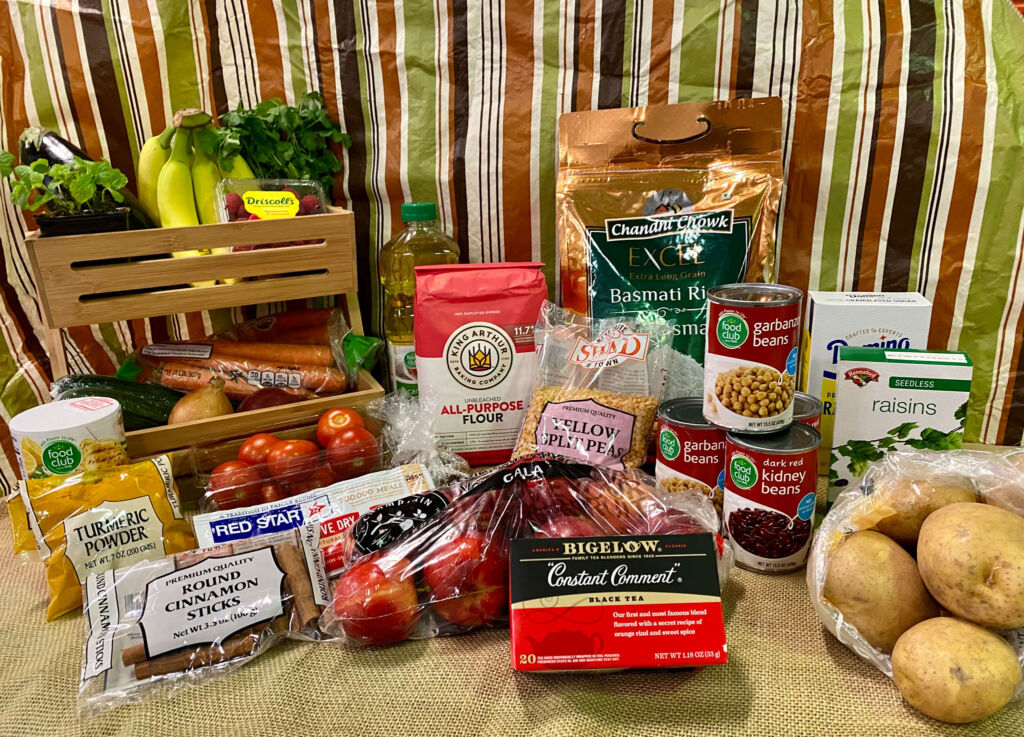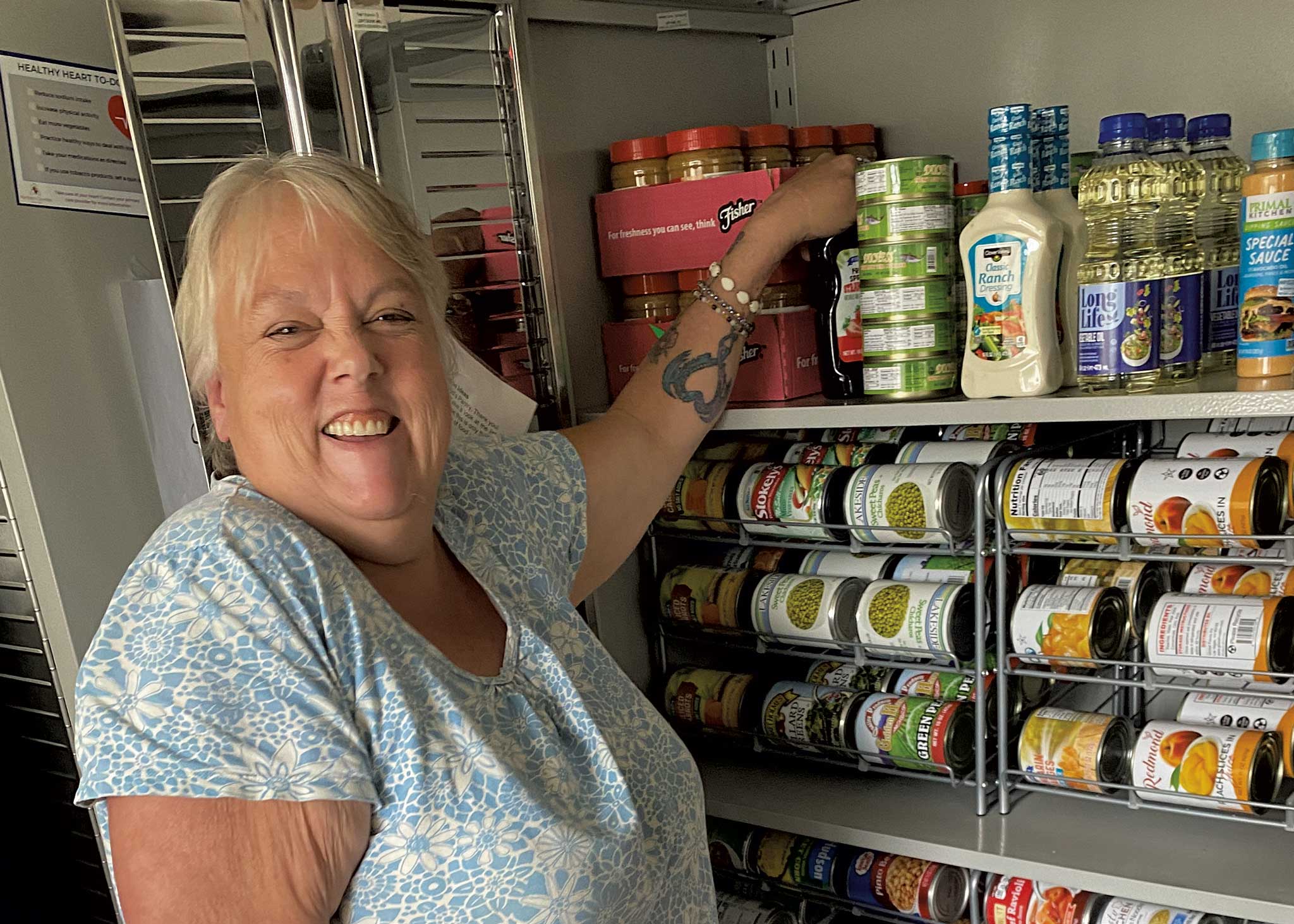
As a full-time student with three young kids at home, Adega shares that it can be difficult to pay the bills. Thanks to the help of a new Foodbank program that you help support, Adega can receive food boxes that provide her with ingredients to cook more Somali dishes for her family.
“My life is busy—like busy, busy,” says Adega, who turned 25 this year.
Adega lives in Burlington and is going to college full time to become a registered nurse. She and her husband have a five year old, a three year old, and new baby born last spring.
The coronavirus pandemic has impacted many parts of daily life, and Adega shares that for her family, affording groceries and getting to the store has become more challenging. “You can’t carry your kids to the grocery store,” she says. “With the bills, it’s really hard, you can’t even find a simple job lately. And with being a mother and being in school, my life is just so packed.”
That’s why Adega is so appreciative of the food her family receives as part of a new Vermont Foodbank partnership and program that supplies locally grown, culturally responsive food boxes to New American families. Thanks to friends like you, the opportunity is there to try new methods of food distribution that recognize and support the diversity of neighbors’ needs across the state.
Adega explains that while she has lived in Burlington for a long time, she was born in the refugee camps in Kenya. “I basically grew up over here, I came here when I was seven. My parents are from Somalia, both my parents. I was born in Kenya.”
“My mom and them, they like Somali food all the time,” she says. “I mix it up with American food and Somali food. ‘Cause I get bored of the same thing.”
Adega receives her food box through the Family Room, and says that she uses the culturally relevant vegetables to cook more Somali dishes at home.
“Well first of all, you have different recipes and white rice goes with everything. You can make it with broccoli or veggies or you can make with the meat. We like a lot of cow meat and goat meat… I like the fresh, ah, what do you call that? Cilantro and parsleys and vegetables. The squash. You know Africans like squash nowadays. So we cook it, sometimes we fry it with other vegetables…Cilantro, you have to use it for everything, to be honest,” laughs Adega.
It’s important to Adega’s family that they have access to both Somali and American food. And she likes to cook a variety of dishes for her kids.
“They like it when we have taco nights or mac and cheese. Chicken night…Because, you know, at school they eat different food. When they come home it’s like, oh, I’m learning new things. Like I make white rice, I make regular rice, and I make, you know, chapati? Samosas. You know I do different things, every day’s a new recipe at my house.”
She laughs again, “I got picky eaters, so I gotta like, focus.”
And Adega loves that the food is organic and local. “I give some to my mom too, she loves it also.”
“It’s very, very helpful towards our family. My mom is not receiving assistance either, so it really helps her too, when I give her some. It’s good to share, sometimes that’s what I tell people. I tell my kids all the time it’s good to share, you know?”
“Thank you for the food delivery,” says Adega. “I appreciate you guys for doing that. It’s really helping with the groceries and everything…It’s got me saving a lot honestly, with the bills and everything.”
“I mean, my family’s great. We’re poor, but everything’s going great. I’m involved with my family and my kids are connecting. They’re going to school, they love school. Everything else is great, to be honest.”
Support neighbors during this difficult time, if you can. Give help.
Are you in need of help? We’re here. Get help.
Help get food to neighbors who need it. Volunteer.
How do you find the heart of a community? You can find it in the people who run its food shelf. At the Onion River Food Shelf in Marshfield, VT, one of those people is Diana.
Denise is the manager at Sid’s Pantry, one of the 220+ food shelves and meal sites that make up the Vermont Foodbank network. In between visits from neighbors picking up food, Denise talks about how her own experiences with food insecurity influence the ways she supports her community.
Vermont experienced catastrophic floods in July and December 2023 that damaged homes, businesses, and infrastructure across the state. In 2024, the state experienced flooding again. Here’s how recent flooding[...]








